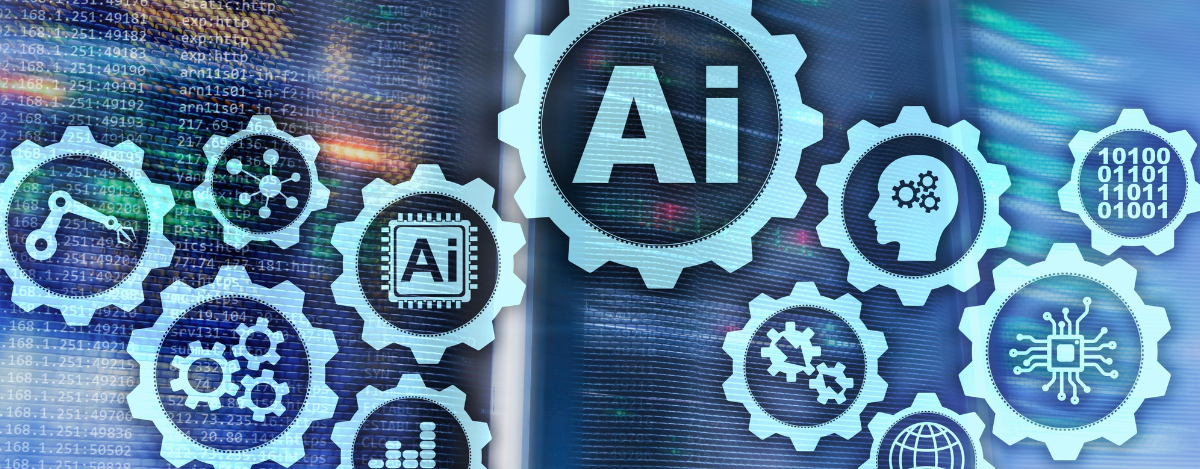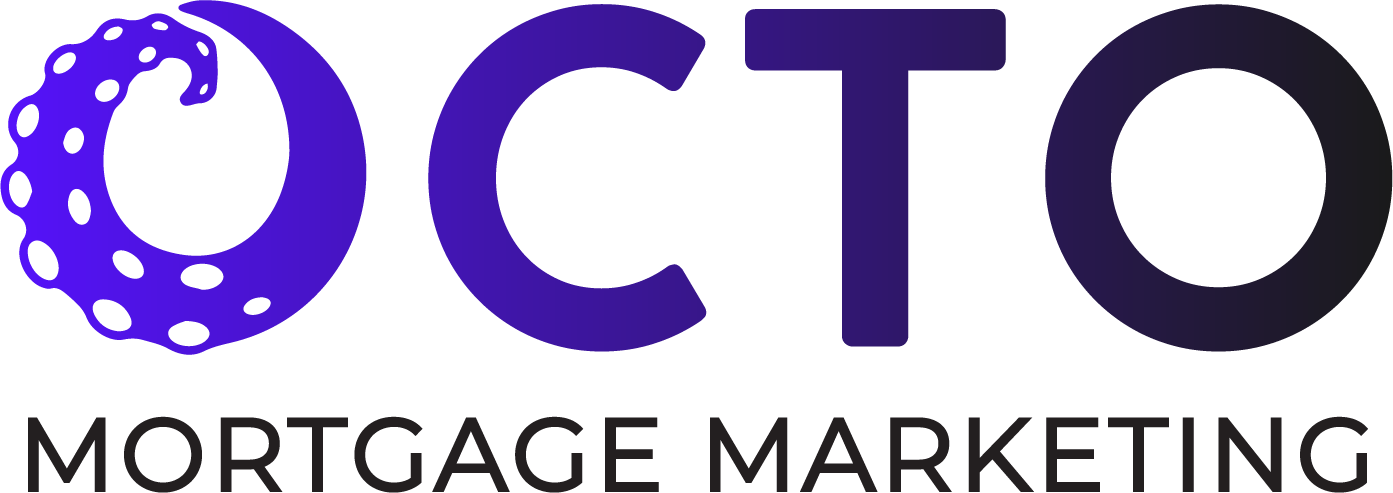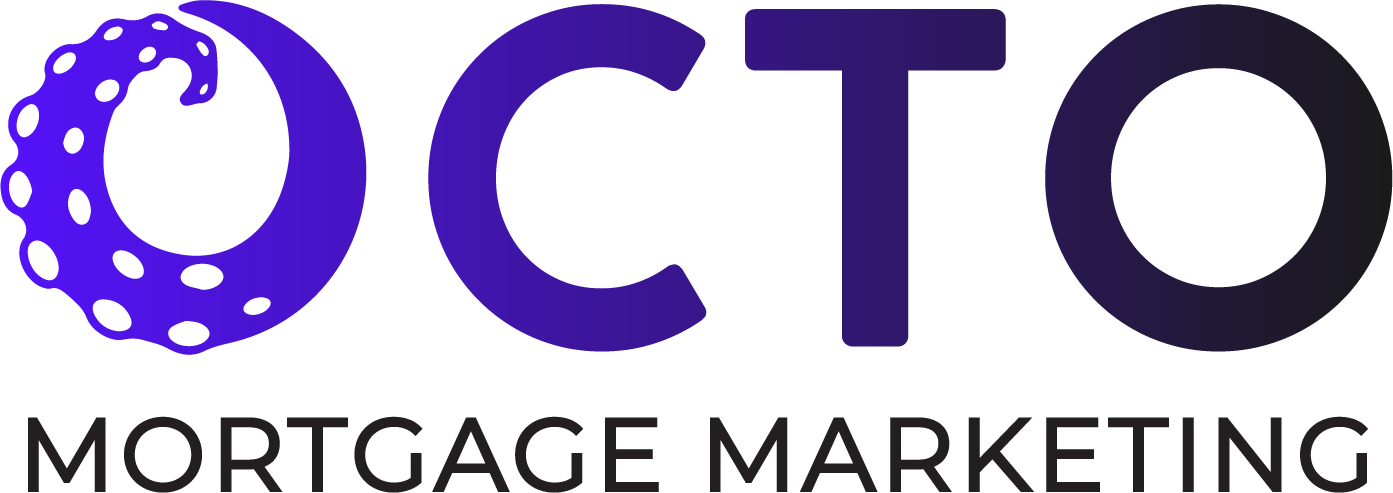AI in the Mortgage World

What Is Generative AI in the Mortgage Industry?
Think of Generative AI as a highly skilled assistant capable of analyzing complex patterns and producing diverse outputs tailored to the mortgage industry. It excels at creating detailed and accurate mortgage documents, generating customer-specific loan offers, and even predicting market trends by analyzing vast datasets of historical and real-time information. However, much like a parrot, Generative AI replicates patterns without truly understanding the content it creates. It processes extensive data and predicts the next logical step in a sequence, whether generating a loan offer or crafting a refinancing agreement.
For example, when Generative AI evaluates an applicant’s financial history to draft a mortgage proposal, it doesn’t "understand" the applicant’s circumstances. Instead, it uses patterns and data correlations learned from numerous other applications to produce a plausible outcome. This ability makes it particularly useful for tasks like assembling legally compliant contracts or creating persuasive marketing materials, as it can adeptly mimic human-like prose based on its training data. However, challenges remain in grasping nuanced customer needs or managing complex financial strategies autonomously.
Artificial General Intelligence (AGI): The Next Frontier in Mortgages
AGI, or Artificial General Intelligence, represents a significant leap forward in AI technology. Unlike Generative AI, AGI would aim to perform and understand various tasks, mirroring human cognitive abilities. AGI could revolutionize operations in the mortgage industry by autonomously handling everything from customer service inquiries to sophisticated financial planning and risk assessment. AGI would replicate human tasks and comprehend and innovate, making informed decisions based on a holistic understanding of each client's unique economic landscape.
However, it’s important to note that AGI is still theoretical and not a reality. There is considerable debate about its feasibility and its ethical, technical, and philosophical challenges. Some experts believe AGI could be developed shortly due to rapid technological advancements, while others argue it might never be fully realized.
Technical Challenges Facing AGI in Mortgages
Developing AGI presents numerous technical challenges, particularly the need to understand context and generalize knowledge across domains. For instance, AGI would need to seamlessly assess various financial documents, market conditions, and regulatory requirements to make accurate mortgage recommendations. This requires advanced artificial cognition models to connect diverse pieces of data intuitively.
Another challenge is sensory perception and interaction with the physical world. AGI would need to interpret real-time data from various sources, such as economic indicators and client interactions, to make informed decisions. Additionally, AGI would need to learn from limited information and adapt this learning across different situations, a feat that current AI systems need help with.
Key Distinctions Between Generative AI and AGI in the Mortgage Industry
To appreciate the potential of AI in the mortgage industry, one must understand the differences between Generative AI and AGI:
- Capability: Generative AI excels at replicating tasks and producing results within its scope, such as generating contract templates or predicting interest rates based on past data. AGI, however, aims to innovate and solve problems across various fields, potentially transforming every aspect of the mortgage process.
- Understanding: Generative AI uses statistical models to generate results without real comprehension. AGI would understand and make connections in the information it processes, leading to more nuanced and compelling outcomes.
- Application: Generative AI is already enhancing productivity and creativity in the mortgage industry by automating repetitive tasks and generating complex documents. AGI remains a conceptual goal that, if realized, could autonomously perform any intellectual task currently done by humans, fundamentally changing industry roles and workflows.
Ethical and Societal Implications
The distinction between Generative AI and AGI is not just technological but also ethical. Generative AI’s ability to replicate human-like outputs raises questions about authenticity and intellectual property. At the same time, AGI prompts deeper discussions on consciousness, the rights of potentially sentient machines, and the impacts on employment and societal structures. Both forms of AI require careful consideration and regulation to ensure their benefits outweigh the risks.
The journey from Generative AI to AGI represents a paradigm shift in how we interact with technology. In the mortgage industry, understanding these distinctions is crucial for responsibly harnessing their potential, ensuring that we do so with foresight and ethical integrity as we advance.
See us in person
15720 Brixham Hill Ave., Ste 300
Charlotte, NC 28277
Website development by Octo Strategies
All Rights Reserved | Octo Strategies

